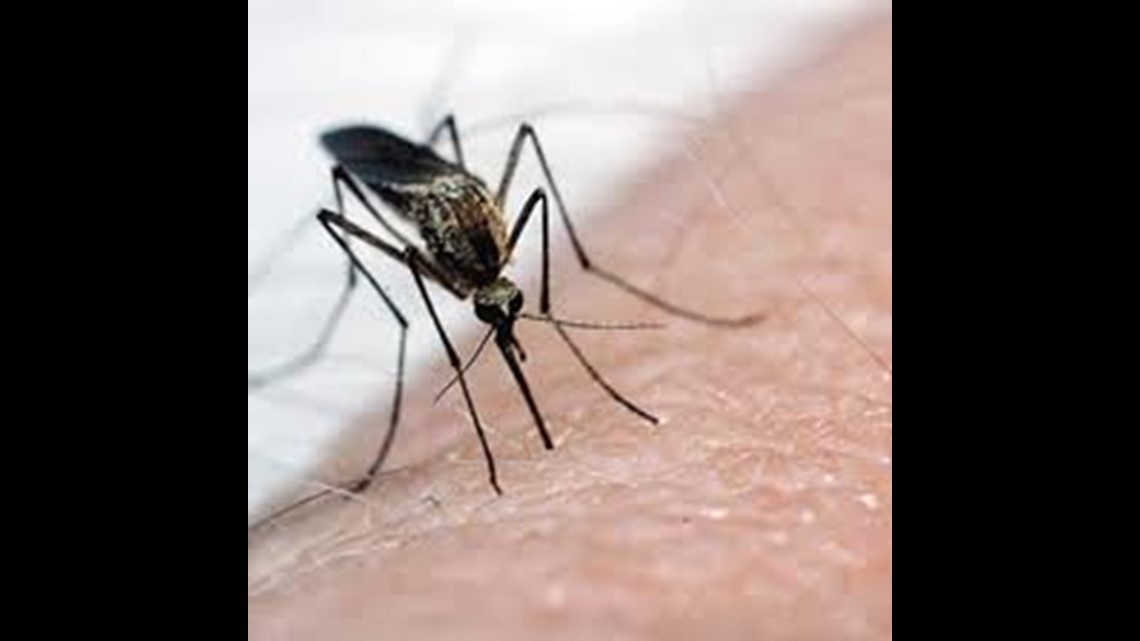

Harrisburg officials announced Tuesday that the first evidence of mosquitoes with the West Nile virus this season have been found in Harrisburg.
In a news release, Mayor Papenfuse said that the city and county officials are closely monitoring the situation to try to prevent the virus from spreading.
“We are working closely with county officials who are assessing the mosquito population in our area,” said Mayor Papenfuse.
The sample was collected on July 23 in Harrisburg.
No cases of humans being infected with the virus have been reported in Dauphin County.
Harrisburg officials urge residents to take measures to prevent mosquito bites at dusk and dawn if outdoors, the time of day when mosquitoes carrying West Nile are typically active.
- Use products with Bti (Bacillus thuringiensis israelensis) — a naturally-occurring bacteria that kills mosquito larvae but is safe for people, pets and plants — for stagnant pools of water in the lawn and garden.
- Remove any standing water in pots, containers, pool covers, tires, wheelbarrows, wading pools, roof gutters and other containers that hold water.
- Make sure screens fit tightly over doors and windows to keep mosquitoes out of homes.
- Consider wearing long-sleeved shirts, long pants and socks when outdoors, particularly when mosquitoes are most active at dawn and dusk, or in areas known for having large numbers of mosquitoes.
- Reduce outdoor exposure at dawn and dusk during peak mosquito periods, usually April through October.
- Use insect repellents according to the manufacturer’s instructions. An effective repellent will contain DEET, picaridin or oil of lemon eucalyptus. Consult with a pediatrician or family physician if you have questions about the use of repellent on children, as repellent is not recommended for children under the age of two months.
To learn more about WNV and prevention, visit the CDC’s Web site at www.cdc.gov/westnile.
